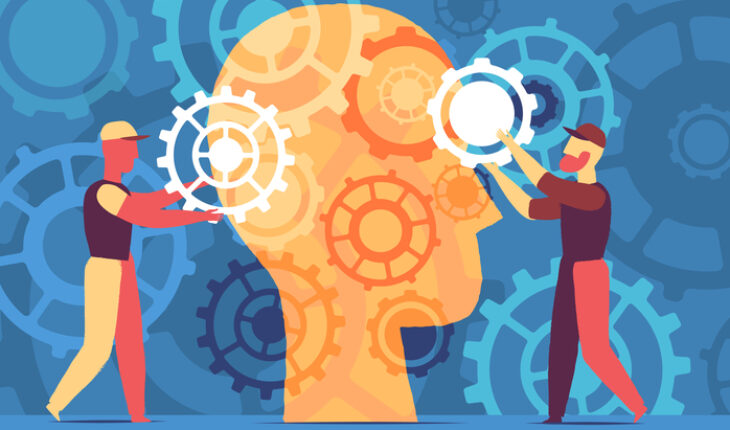New scientific approach drives people to take control of therapy sessions: A new universal approach to mental health issues has been developed, used across outpatient clinics, inpatient wards, and high schools, and will be researched by a Curtin-led international team.
Published in Psychological Review, the science behind this utilises work on artificial intelligence, consciousness, perception, and mental health that spans 20 years of research. Lead researcher Professor Warren Mansell, from the Curtin School of Population Health, said when people are in control of their therapy, their conscious mind can work on resolving their difficulties.
“It’s like thinking about the mind as a car and consciousness as a mechanic. When the mechanic assesses the car, sometimes the first idea about what needs doing doesn’t improve the car’s performance, so the mechanic keeps trying different things,” Professor Mansell said.
“Like this‘ mechanic’, our consciousness depends on our brain constantly taking in new information from around us, and from our own thoughts, memories and feelings, to help us restore and improve control over our lives.”
The new approach to therapy is about helping a person shift their conscious awareness, Professor Mansell explains. “By shifting conscious awareness to the source of the problem whilst the person is describing it, and then keeping this problem in conscious awareness, a trial-and-error change process called reorganisation comes up with a different perception of the problem,” Professor Mansell said.
“A person could be in conflict about whether to spend an evening going out with a friend who is leaving town or spending it finishing work before a deadline. Our consciousness is drawn to these kinds of difficult decisions because its job is to help us decide. “After spending long enough consciously pondering over the decision, a solution could be made, such as phoning the friend instead, which also allows the person enough time to also finish their work.”
Professor Mansell’s model is based on ‘perceptual control theory ’but is extended to explain the mind’s continual attempt to ‘integrate new information’, accounting for learning, creativity and problem-solving. “It explains why people can sometimes experience fatigue, poor concentration, fidgeting and daydreaming,” Professor Mansell said.
“Present-day society often regards it as a problem to be easily distracted, but this theory explains how it’s an adaptive and inevitable feature of being human.” With more than 20 years’ of experience in mental health, Professor Mansell, along with his team at Curtin University and an international network of colleagues are currently working on research studies to test the model.
The full paper, titled ‘An integrative control theory perspective on consciousness’, is available online here.
- New lipid-based pathway discovered as key to memory formation - 25th June 2025
- Crucial link could explain how Alzheimer’s takes hold - 25th June 2025
- Understanding Your Mind Can Improve Daily Life - 25th June 2025







